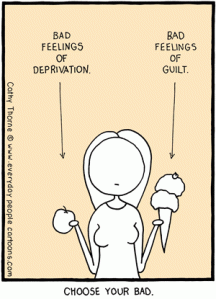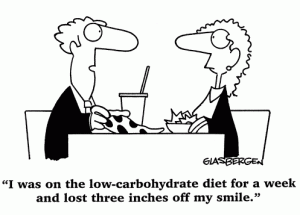Seems like every conversation now includes a discourse about diet and health. Someone’s on this diet, another friend lost 40 pounds, what to eat and not eat, and whether I follow Primal, HGC, Cohen, vegan, or raw. “What diet are you on?” And I honestly don’t know what to say because I have a hodgepodge of sorts. I have rules, which I often break anyway. I don’t count calories, measure grams or make non-negotiable lists. And I might even have an excess of coffee, chocolate and red wine.
But these are my guiding principles:
1. There is no one true “diet.” Just with everything else in this life, your body is unique, and so while one is blessed with fast metabolism and slender genes, another has to try a little harder. Read through all the literature about health and nutrition. Find the diet that is true for you, really understand it, and then shape up. Don’t follow a diet because it worked for someone you know. You will be on it at least 3 times a day for the rest of your life, you should at least know why.
2. Eating should be a joyful experience. It shouldn’t make you feel bad. Or guilty. Or afraid. If you see certain food as sinful indulgence, you will always crave, be tempted to eat, give in, and then relentlessly repent. And the cycle will go on.
3. Food should nourish you, make you glow, put a twinkle in your eyes. So, you have to be happy with the diet you pick. For example, eat healthy because you love it, not because it keeps off the pounds. Otherwise, you’d be walking around mad at the world everyday because it deprived you of chocolate.
4. Don’t obsess about it. When you are obsessed about every part of your diet, you lose the joy in it. There are some people who claim to follow the healthiest diets on earth, but they look so frail with dark circles under their eyes. They get obsessed about every ingredient and snap when they can’t get this or that. (No wonder they look like that.) I don’t want to be them. I want the glow and rosy cheeks, not be a stick with gray skin.
5. You don’t have to pay a lot of money to know that you should be eating a lot of vegetables (Hint: biodynamic vegetables especially), avoid sugar and processed food, and get good protein. (Hint: pasture-raised meat.)
6. If you eat when you’re hungry, and begin to stop starving or depriving yourself, the bingeing stops. So will overeating. As your body knows it will be nourished every time, it won’t find the need to gorge. And how ever can you sustain a very restrictive, lower than required calorie diet? The day you go off this diet is the day you will overindulge because you felt so deprived for weeks, months on end. (Also, eating so few calories a day is dangerous. When the body is starved for calories, the body’s metabolism slows down to preserve energy. And then you’re in big trouble.)
7. Once we start equating food with “shoulds”, it becomes dogma. And who wants to eat dogma? I have had enough of that elsewhere. Food ought to be joie de vivre. Of course it should be. It’s what you put in your mouth. And there has to be butter, chocolate and wine in that equation. Although not exactly measured.
“When you wake up in the morning, Pooh,” said Piglet at last, “what’s the first thing you say to yourself?”
“What’s for breakfast?” said Pooh. “What do you say, Piglet?”
“I say, I wonder what’s going to happen exciting today?” said Piglet.
Pooh nodded thoughtfully. “It’s the same thing,” he said.” ―A.A. Milne


I’m the only radical nowadays who isn’t on a diet! Hihi 🙂 I love that quote from Pooh…so what I feel about life!
Lovely post! Will quote you 🙂